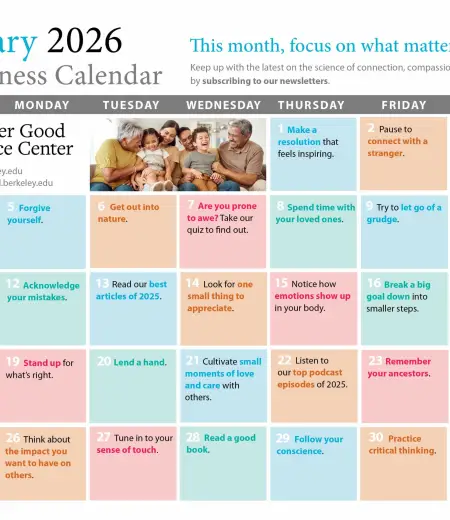A column by David Leonhardt in yesterday's New York Times reports on two new studies that have reached the same finding: Men today say they're happier than women do. This is the opposite of what research found in the 1970s.
Drawing on studies by Alan Krueger at Princeton University and Betsey Stevenson and Justin Wolfers at the University of Pennsylvania, Leonhardt offers this explanation for the gender role reversal:
Since the 1960s, men have gradually cut back on activities they find unpleasant. They now work less and relax more. Over the same span, women have replaced housework with paid work — and, as a result, are spending almost as much time doing things they don't enjoy as in the past. Forty years ago, a typical woman spent about 23 hours a week in an activity considered unpleasant, or 40 more minutes than a typical man. Today, with men working less, the gap is 90 minutes.
He notes that women aren't actually working more than they did 30 or 40 years ago; they're doing different kinds of work. They're spending more time on paid work, yet they still have most of the same responsibilities they did a generation ago: cooking, cleaning, caring for their kids and (more and more)
their parents. As Leonhardt writes,
What has changed — and what seems to be the most likely explanation for the happiness trends — is that women now have a much longer to-do list than they once did (including helping their aging parents). They can't possibly get it all done, and many end up feeling as if they are somehow falling short. …
[These findings] show just how incomplete the gender revolution has been. Although women have flooded into the work force, American society hasn't fully come to grips with the change. The United States still doesn't have universal preschool, and, in contrast to other industrialized countries, there is no guaranteed paid leave for new parents.
Historian Stephanie Coontz makes a very similar argument in her essay in the new issue of Greater Good, which features a series of essays on "The 21st Century Family." Subscribers have received this issue and it's currently on newsstands; some articles from it will be on our website soon. You can also receive a no-risk sample copy when you start a subscription to Greater Good here.





Comments